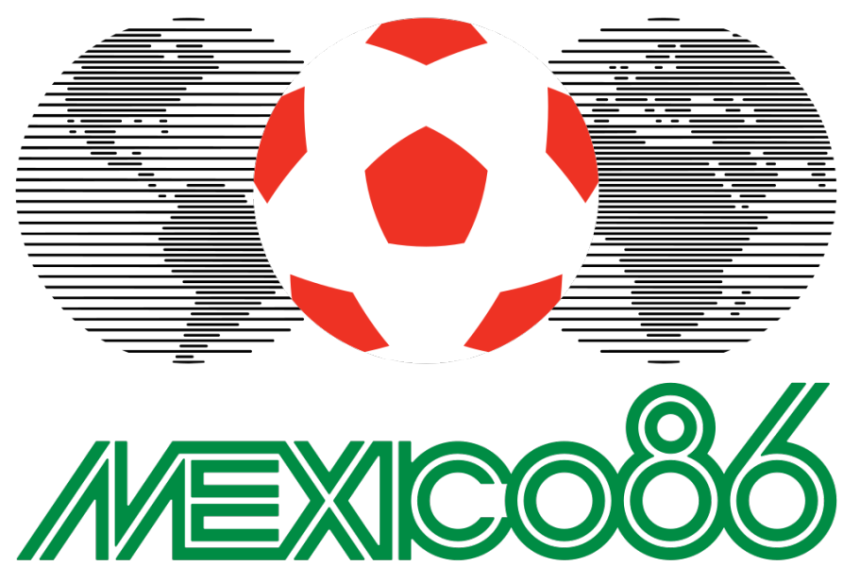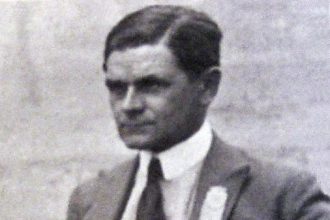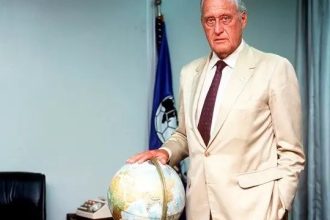The year was 1986, and the world was captivated by the spectacle of football as the FIFA World Cup took center stage in Mexico. The tournament showcased the beautiful game at its finest, with fierce competition, incredible goals, and unforgettable moments etched into the history of football. Let us embark on a journey back in time to relive the magic of the 1986 World Cup and celebrate the triumphs and tribulations of the participating nations.
Mexico, the vibrant host nation, set the stage for an unforgettable tournament. Their passion for football was palpable, and the stadiums reverberated with the cheers of the fans. With a remarkable blend of skill and determination, the Mexican team displayed their prowess and reached the quarterfinals, leaving an indelible mark on the tournament.
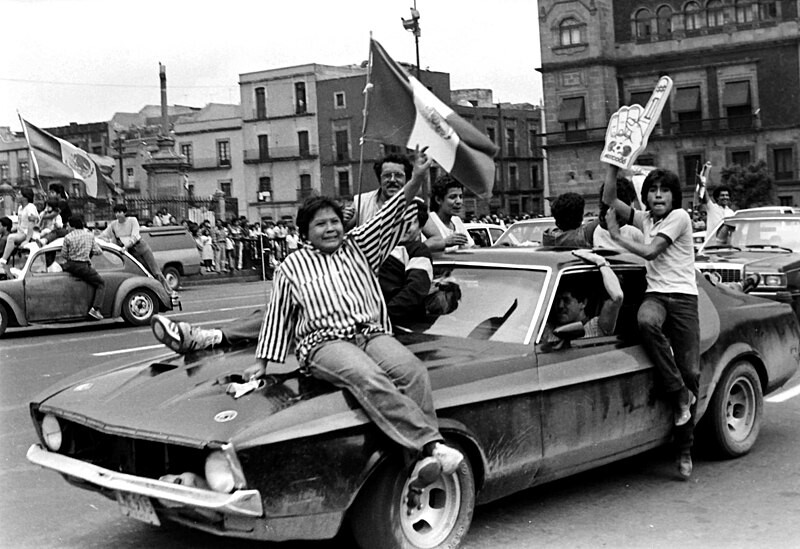
The format of the competition changed in 1982. The final pair of matches in each group started at the same time and the second round was played on a knock-out basis rather than in groups. The 24 teams qualified were divided into six groups of four (A to F). The top two teams and the four best third-place finishers from the six groups advanced to the knockout round of 16 teams. Italy was the defending champions but was eliminated by France in the Round of 16.
Teams:
Belgium, Bulgaria, Denmark, England, France, Hungary, Italy (defending champions), Northern Ireland, Poland, Portugal, Scotland, Soviet Union, Spain, West Germany, Canada, Mexico (hosts), Argentina, Brazil, Paraguay, Uruguay, Iraq, South Korea, Algeria, and Morocco.
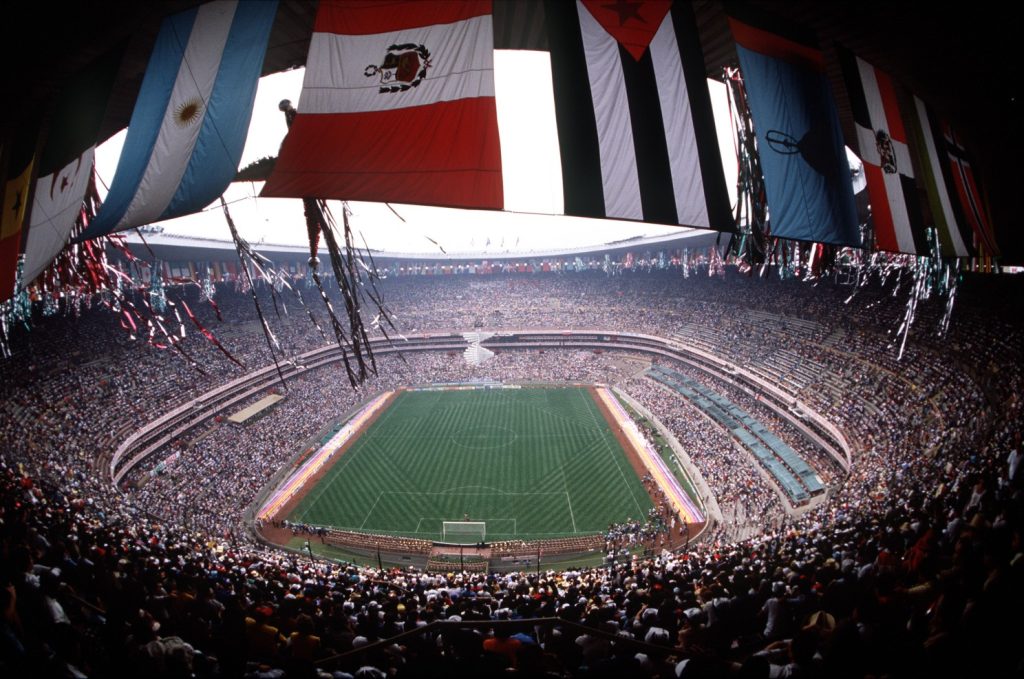
The official mascot of the 1986 World Cup was Pique, a jalapeño pepper, characteristic of Mexican cuisine, with a moustache, a Colimote sombrero, and Mexican football team colors. Its name comes from picante, a Spanish word meaning “spicy”, and was also a pun on the “PK” abbreviation of the football term penalty kick. Pique is also a common Spanish name.
The character caused a degree of controversy within Mexico for its ethnic stereotypes
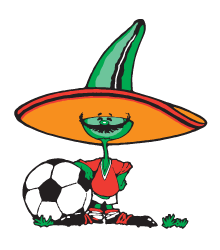
The tournament saw the appearance of the Mexican wave, a spectator phenomenon that was popularised worldwide after featuring during the tournament.

The World Cup was won by Argentina (their second title, after winning in 1978). Argentina was captained by the 25-year-old Diego Maradona, who played a large part in his team’s success by scoring his “Hand of God” goal, as well as another voted “Goal of the Century”, in the same quarter-final against England. These were two of the five goals that Maradona scored during the tournament, and he also created another five for his teammates. Argentina beat West Germany 3–2 in the final at Mexico City’s Estadio Azteca. Total attendance was 2,394,031, an average per match of 46,039. Canada, Denmark, and Iraq made their first appearances at the final stage.

In the first semi-final match, Andreas Brehme put West Germany 1–0 ahead against France in the ninth minute in Guadalajara, but the outcome remained in doubt until two minutes from time when Rudi Völler made it 2–0, and West Germany was in the final for the second World Cup in succession. In the second semi-final match, Maradona struck twice in the second half as Argentina beat Belgium 2–0 at the Azteca. France went on to defeat Belgium in the third-place match, 4–2.
So it was to be the South American Argentina vs the European West Germany in the final at the Azteca, the second time this massive stadium would host a World Cup Final (the first in 1970). Jose Brown put Argentina one up midway through the first half of the final, and when Jorge Valdano scored a second for the South Americans in the 55th minute, Argentina looked to be strolling to victory. West Germany then staged a spirited comeback. Karl-Heinz Rummenigge pulled one back in the 74th minute, and six minutes later Rudi Völler hit the equalizer. With seven minutes remaining, a pass from Maradona gave Jorge Burruchaga the chance to score the winner for Argentina. Eight years on from their home triumph, Argentina regained the world title and 30 million people in Argentina celebrated in the streets after the final victory. Maradona was the Golden Ball winner as the best player of the tournament, while Gary Lineker of England won the Golden Boot as the leading scorer of the World Cup with six goals.

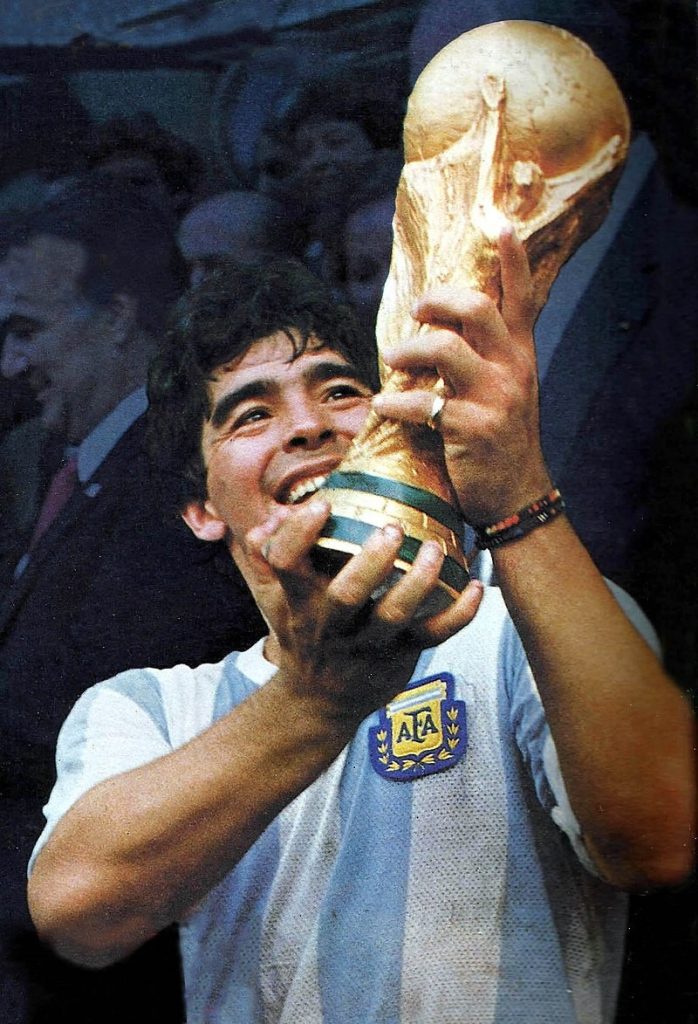
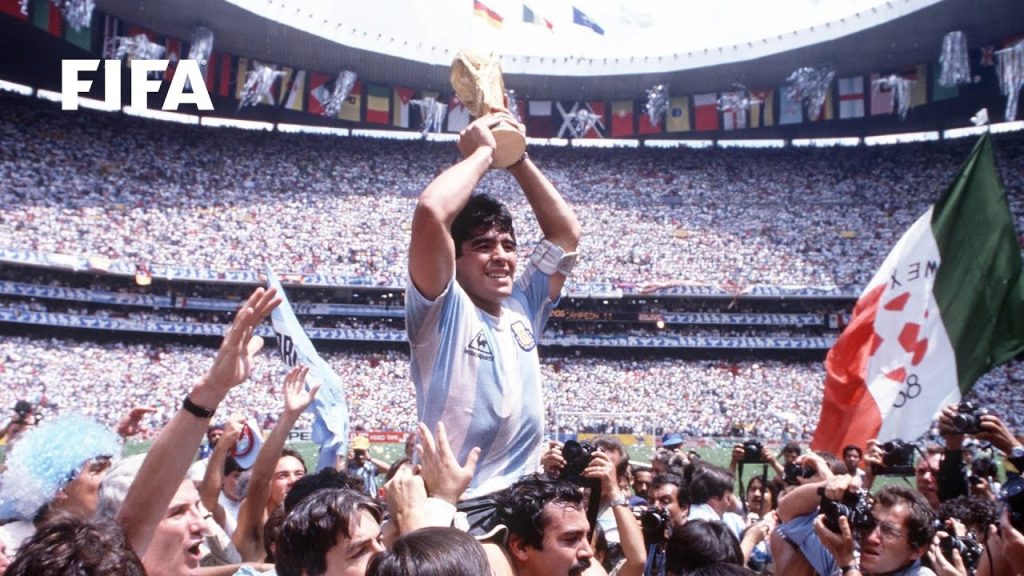
The 1986 World Cup will forever be remembered as a tournament that encapsulated the passion, drama, and brilliance of the beautiful game. From Maradona’s heroics to the emergence of underdog teams, the tournament provided unforgettable moments that continue to inspire and captivate football fans across the globe. As we reflect on this remarkable chapter in football history, let us celebrate the memories and the enduring legacy of the 1986 FIFA World Cup.

